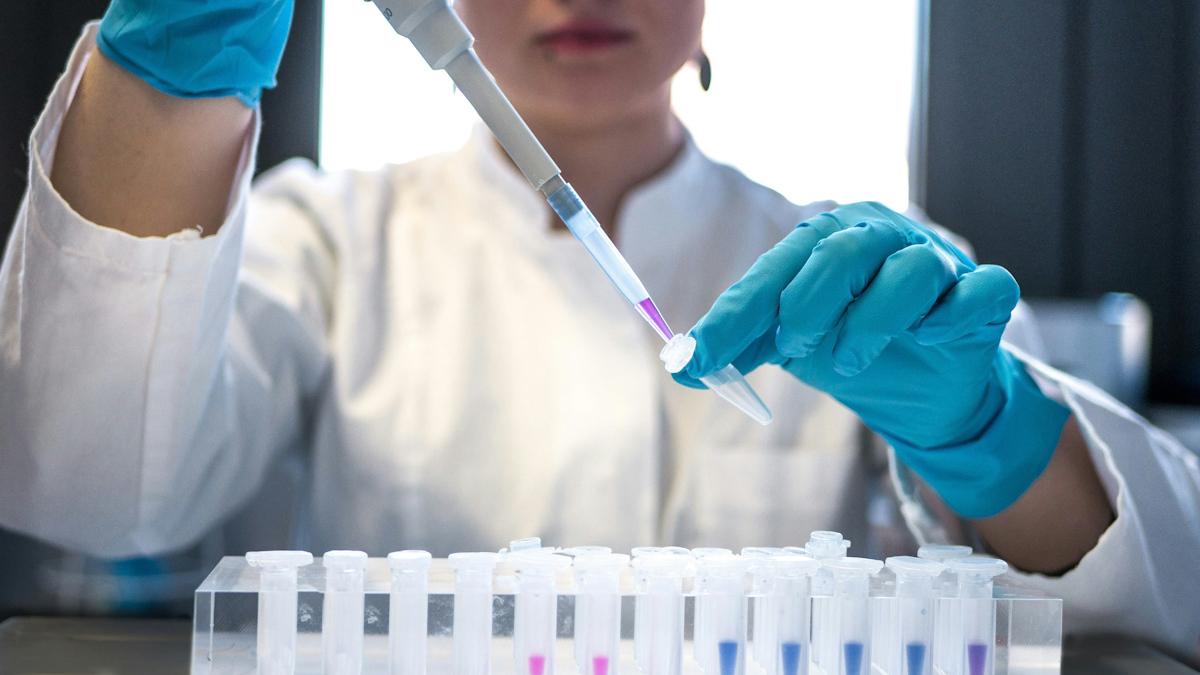UK pharma industry delivers election ‘wish list’

ABPI chief executive Richard Torbett
The Association of the British Pharmaceutical Industry (ABPI) is calling on political parties contesting the general election to spell out their plans to nurture and drive growth in the life sciences sector and deliver for patients.
The trade organisation launched its own manifesto to coincide with the release of the manifestos of the main parties, setting out a plan to “drive better health and fairness to patients in the NHS, boost patient access to new medicines via clinical trials, bring more manufacturing jobs and value to the UK, and create more highly-skilled well-paid jobs in all parts of the country.”
The document lays out three key ‘asks’ of the next government, headed by efforts to strengthen the framework for the development, regulation, and adoption of new medicines and vaccines by the NHS.
The ABPI wants the UK to have the highest level of public R&D investment in the G7, reverse a well-publicised decline in industry-sponsored clinical trials, and make the most of the UK’s health data resources.
Its second request is for the new government to work with industry to drive better health in the UK, with a target of a 40% reduction in the total burden of disease in the country, by investing in medicines and vaccines to improve prevention and health equity.
Key parts of that include an effort to revitalise the Innovative Medicines Fund (IMF) used to provide interim funding for new therapies while additional data on their benefits is generated, greater emphasis on vaccines, and dedicated central funding for programmes to tackle antimicrobial resistance.
The third ask focuses on the industry itself, which the ABPI notes is already the largest investor in UK R&D – spending £9 billion in 2022 – and delivers £16.4 billion in economic value whilst supporting 126,000 high-skilled jobs across the country.
By equipping the industry with the tools it needs to drive UK economic growth, the next government could generate £16.3 billion and 85,000 new jobs in gross domestic product (GDP) annually from increased pharmaceutical exports, according to the manifesto.
It could also attract an additional £1.2 billion and 7,000 high-quality jobs annually from greater life sciences foreign direct investment (FDI) and create 17,000 jobs each year from greater volumes of UK life sciences initial public offerings (IPOs), says the ABPI.
“We urge the next government to commit to being a partner with industry in unlocking economic growth and ensuring fair and timely access to treatments and vaccines in the NHS,” said ABPI chief executive Richard Torbett.
“We have great potential in the UK to both grow our already successful life sciences sector, while supporting the NHS in delivering care and preventing illness.”













